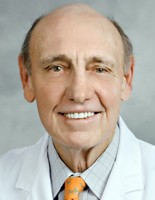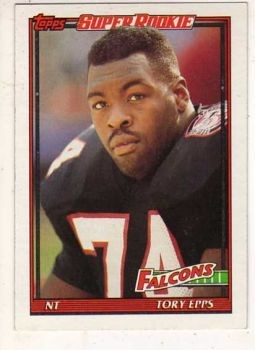The players that take the field for the New York Giants and New England Patriots in the Super Bowl today are the survivors, not only of the 16-game regular season and the Playoffs but the risk of season-ending or career-ending injuries that sidelined so many of their teammates.
Dr. Terry Canale, an orthopedic surgeon at Campbell Clinic in Memphis and former team physician for the University of Memphis football team, marvels at that. The players are 100 pounds heavier and so much faster and stronger than when he played college football 50 years ago. All of the offensive linemen and most of the defensive linemen weigh more than 300 pounds. I asked Canale how that looks from his perspective. Last year, his cousins, Whit and Justin Canale, both former pro football players, died within a few weeks of each other.
“As a surgeon, I saw Justin five times, and finally took his kneecap out. He probably had diabetes too. Whit I only saw a couple of times. He got his knee wiped out playing for the Detroit Lions. He was never the same either. Those guys loved to play sports even after pro football. When they couldn’t play they started putting on weight. I have thought over the years about football players like that. If they don’t keep working out and keep lifting they just turn to fat. We see that over and over. When their career is over they don’t have much.
“What are you gonna do in life when you get through? Nobody needs a pass blocker at 40. The worst injury is early neck arthritis. Studies show almost every lineman has significant traumatic arthritis of the neck vertebra at an early age. (UM trainer) Eddie Cantler and I looked up the injury rate among football players and got it published. Nobody wanted to talk about it much The probability of major injury was 111 percent if you played four years of college football.”
He remembers a Memphis lineman named Tory Epps who went on to play pro ball.
“We were playing down at Mississippi State and he said,’doc, my hand is numb.’ At the end of the game he said his hand was paralyzed. I started feeling for a pulse and could not feel it in the hand. I told the coach I had to get this guy to Memphis, I think it’s an emergency. I took him in my own car. About 20 miles out I told the ICU to get everything set. Epps flipped a clot down into his arm and was getting ready to lose his hand. It resolved and turned out OK, but the hematologist told him his football career was over. Epps said ‘if I don’t play pro football I’m gonna be pumping gas or something.”
Epps played middle guard in the NFL. He died at the age of 38 from a blood clot.
“The hot stuff now is concussions, like they’re talking about. No pro or college athlete wants you to know they have been injured. And their agent will tell them, ‘hey, cool it. If you get traded to another team tell them you are fine or else your stock goes down.’ It’s like buying a horse with a bad leg. It trickles down to college. The only difference in the pros is the agent. If the agent is worth a nickel, he will shovel you to (surgeon) Jimmy Andrews in Birmingham or the Kerlan-Jobe Clinic in Los Angeles.
“Andrews and I are on the same orthopedic foundation. He saw Drew Brees. He asked Brees if he would back the foundation with endorsements and interviews. Brees said, ‘yeah I was playing for New Orleans and my career was over. Andrews operated on me. I got well, led the Saints to the Super Bowl, and turned the city around after Katrina. So we owe it all to Dr. Andrews.’
“In my day as a player it wasn’t that big a deal. We just knew some guys were not gonna play. They were not interviewed by newspapers or anything like that. I wouldn’t say we hid injuries but we did our best to get them out on the field with cortisone or long-lasting analgesic so they could play the game without pain. That doesn’t happen now. Agents won’t let you touch ’em. That is their meal ticket.”


